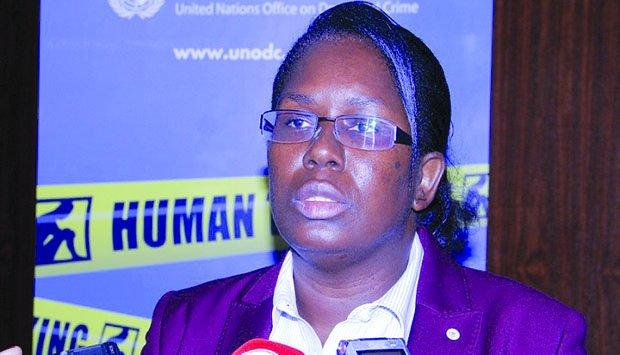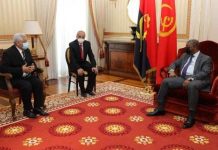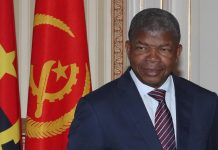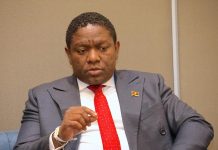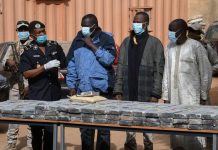Africa-Press – Angola. Angola is one of the Sub-Saharan African countries with the greatest progress in the 2021 Corruption Perception Index, released Tuesday (25) by the organization Transparency International, which marks a “significant improvement” after the election of President João Lourenço.
The Corruption Perceptions Index (CPI), promoted by the organization Transparency International (TI), ranks 180 countries and territories by their perceived levels of corruption in the public sector, on a scale from zero (highly corrupt) to 100 points (clean of perceived corruption). corruption).
Sub-Saharan Africa’s average is 33 points, the lowest in the world, and 44 countries rank below 50 points. Among Lusophones, Portugal appears in the index in 33rd position with 62 points, followed by Cape Verde (39th/58th); São Tomé and Príncipe (68th/45th); East Timor (82nd/41st); Angola (136th/29), Guinea Bissau (162nd/21) and Equatorial Guinea (171st/17). These data deserved particularly critical considerations in the annual report of the Berlin-based non-governmental organization.
Angola – which in the IPC 2021 has 29 points, 7 more since the 2012 index – registers “a significant improvement” following the election of President João Lourenço, in 2017, as a result of significant measures in the fight against corruption, notes the TI report .
“The authorities have carried out high-level corruption investigations into members of the former ruling family
, among them the daughter of the former president and former head of state oil company Sonangol, Isabel dos Santos – exposed by the ‘Luanda Leaks’ and, recently, nominated by the Government of the United States of America for significant corruption”, reinforces Transparency International.
The report highlights another circumstance: “Investigations are rarely opened in other cases, raising doubts about the existence of selective justice.” The organization stresses that “in a 2019 survey, 39 percent of Angolans pointed out that the President was using the fight against corruption as a tool against political rivals and the majority also said that those who denounced corruption were at risk of retaliation.” .
The Transparency International report makes a reference to another Portuguese-speaking country, Brazil, in the person of its President, Jair Bolsonaro, who “used the fight against corruption as a campaign banner to attract an electorate disillusioned with traditional politics, tired of corruption and demanding respect for human rights”.
As for Sub-Saharan Africa, in general terms, TI notes that, according to the latest Afrobarometer surveys, the majority of the African population believes that corruption is on the rise, while expressing dissatisfaction with the way democracy works.
“This is not surprising”, highlights Transparency International, explaining that “persistent corruption has gone hand in hand with unconstitutional changes of power in various parts of the continent”.
“The results of the IPC 2021 should serve as a wake-up call to societies across Sub-Saharan Africa. The magnitude of the corruption challenges demand the boldest responses ever,” defends TI. “Governments must recognize that sustainable progress in the fight against corruption can only be achieved if the societal and institutional controls of power are guaranteed”, he adds.
On the other hand, the Covid-19 pandemic “cannot be used as an excuse for governments to restrict people’s right to information or freedom of expression”.
Leaders across Sub-Saharan Africa “should make efforts to accelerate asset recovery” and again step up global action against illicit financial flows, helping to prevent capital flight, “so that natural resources and public funds can be used to support people living in the region, not elites,” suggests Transparency International.
Reaction With regard to the last report by Transparency International, the Secretary of State for Justice, Ana Celeste Januário, stated that in five years there was a reinforcement of the work aimed at fighting corruption.
“In this new five-year period of governance, there has been a strengthening of work on the issue of combating corruption. There has been a strengthening of legislation. There has been a strengthening of mechanisms and institutions to combat corruption”, he told Rádio Nacional de Angola, also adding the increase, above 100% of investigation cases.
For More News And Analysis About Angola Follow Africa-Press

